Global Conference in London 10-11 July 2019 for Media Freedom

The Global Conference for Media Freedom in 2019 will be the first of its kind. It will take place 10 to 11 July 2019 in London.
Contents
Chrystia Freeland, Canadian Minister of Foreign Affairs, and Jeremy Hunt, the UK Foreign Secretary, will co-host the conference. It is part of an international campaign to shine a global spotlight on media freedom and increase the cost to those that are attempting to restrict it.
The conference will be structured around 4 themes:
- protection and prosecution, including impunity
- national frameworks and legislation
- building trust in media and countering disinformation
- media sustainability
Global leaders, representatives from the media industry, journalists, civil society and academia will gather to attend interactive panel discussions. The first day will focus on defining the challenges, the second on framing solutions. Commonwealth Foreign Ministers will also meet to discuss media freedom.
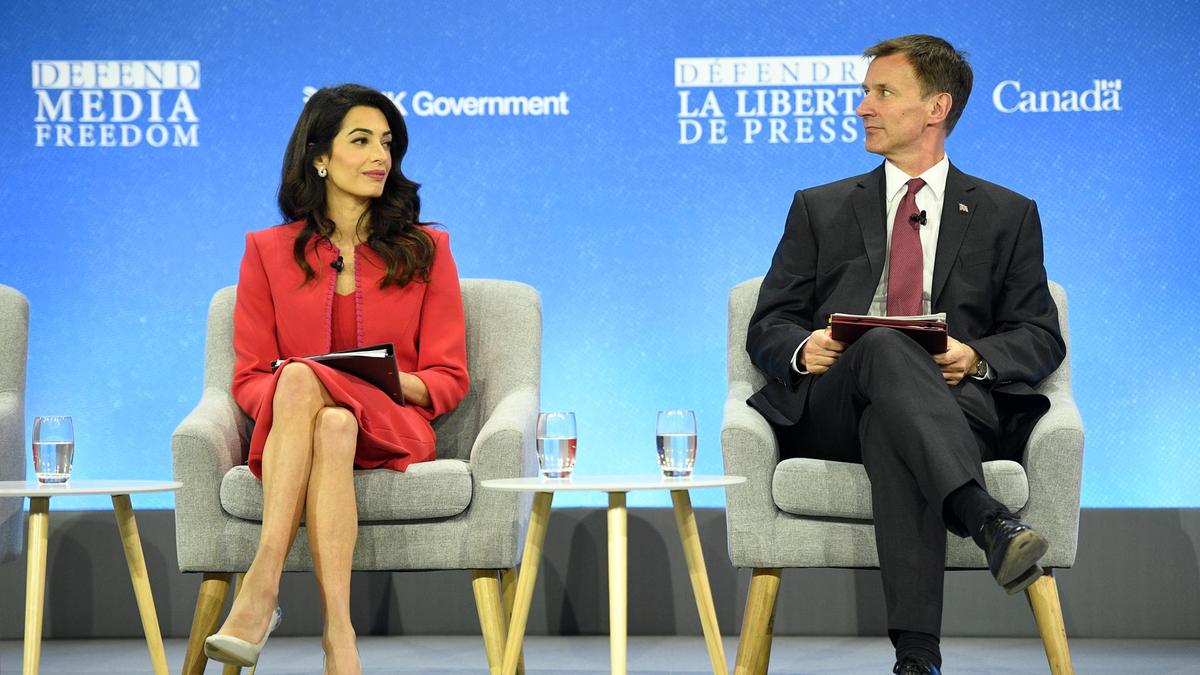
Conference agenda
The following sessions will be taking place:
Day 1:
- transforming media development
- launch of Joint Declaration on Freedom of Expression
- trust in the media: the UK in focus
- media freedom in the Americas: challenges and opportunities
- media freedom in the Western Balkans and new ways of working
- media ownership is media independence: a debate
- regional mechanisms on the safety of journalists
- under pressure: why public media matters
- safety of female journalists
- media donor event
- innovation to end journalist murders
- safety and protection of journalists 1: understanding the contemporary threats
- supporting media freedom in challenging environments
- protecting journalists in conflict zones in the Middle East and North Africa
- international partnership for information and democracy
- media freedom: journalists under threat
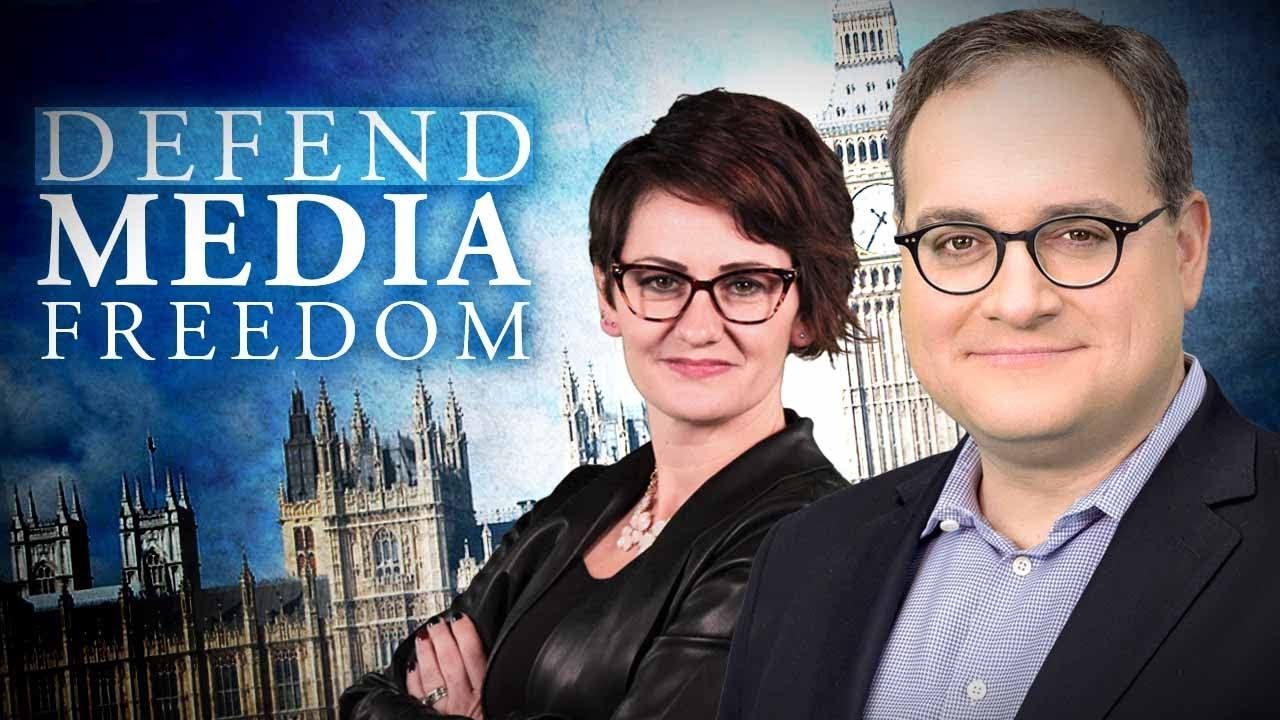
Day 2:
- national statements
- what is media freedom: why is it important?
- what can governments do to increase media sustainability?
- taking a stand: how we defend media freedom
- regional session: laws, lies and liberty – the landscape of media freedom in South-East Asia
- media freedom campaign: towards 2020 - sustaining the impact
- navigating disinformation
- safety and protection of journalists II: towards a shared solution
- regional session: strengthening media freedom across the commonwealth
- legal panel
- religion and the media: telling the untold story
- Eastern Europe and Central Asia: building an integrated support system for journalists facing hostile environments
- press freedom, development and democracy in Africa
- Council of Europe parliamentarian session
View the full conference agenda.
If you are a member of the media and would like to apply for accreditation to cover the conference, please apply and complete your application by 5 July. We will consider bids to interview the Foreign Secretary and the Canadian Foreign Minister, and will make a full breakdown of media opportunities available closer to the conference.
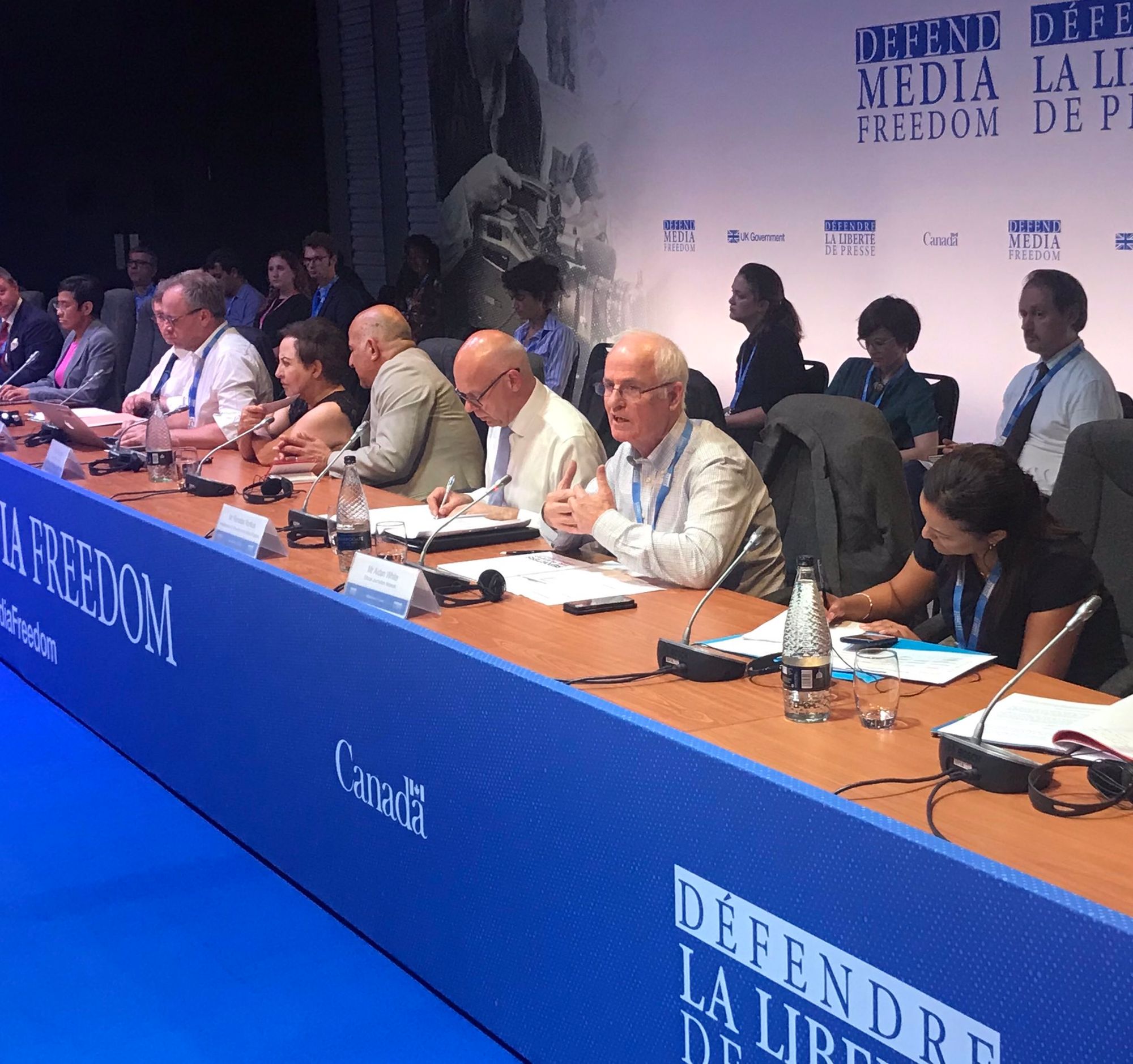
About Media Freedom
A free and independent media plays a vital role in protecting human rights and holding the powerful to account. Media freedom is the lifeblood of democracy and can be the foundation for economic prosperity and social development. It means that society can be free, fair and open. Journalistic scrutiny is an essential part of a vibrant and healthy democracy.
The world is becoming a more hostile place for journalists. Reporters Without Borders called 2018 the deadliest year on record for journalists. UNESCO confirms that at least 99 journalists were killed, a further 348 imprisoned and 60 held hostage. Freedom of expression is being stifled and barriers are preventing the functioning of an independent media. We must address this and the dangers it presents.
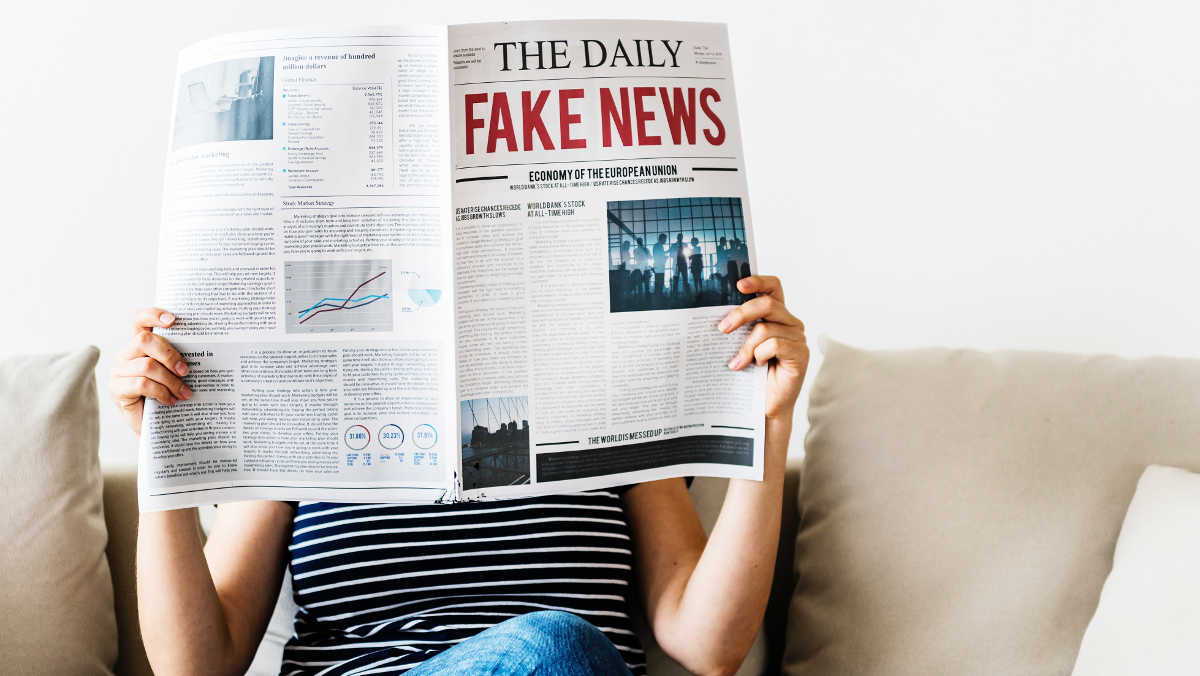
The Global Conference for Media Freedom will bring together global leaders, government officials, multilateral agencies, civil society organisations, academics, editors, publishers, and journalists to debate the issue and take international action.
Facts and figures about media freedom
This information is sourced from organisations including the Committee to Protect Journalists, Freedom House, International Federation of Journalists, Reporters Without Borders and UNESCO:
- 2018 is the worst year on record for violence and abuse against journalists: more than half of the journalists were deliberately targeted and there has been a 15% increase in such killings since 2017. Source: Reporters Without Borders: 2018 round-up of deadly attacks and abuses against journalists
- in 2018, at least 99 journalists were killed, a further 348 imprisoned and 60 held hostage. Sources: United Nations press release ‘Informing is not a crime’ UN chief calls for better protection of journalists press release and Reporters Without Borders: 2018 round-up
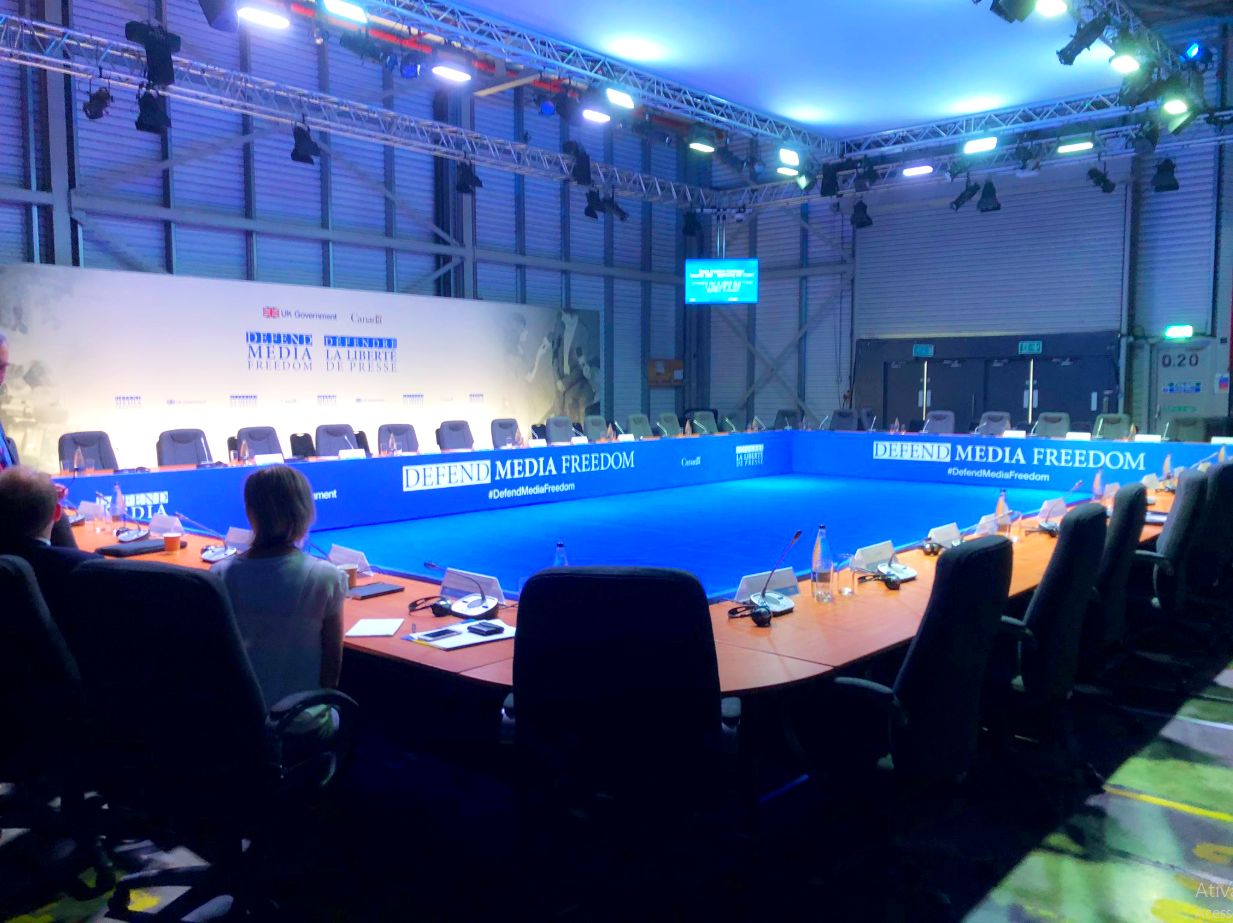
- almost 1,000 journalists and media workers have been killed in the past decade. Source: Committee to Protect Journalists data on journalists killed, 1992 to 2019, with a confirmed motive
- 93% of those killed are local journalists and 7% are foreign correspondents. Source: UNESCO press release International Day to End Impunity for Crimes Against Journalists 2017
- 9 in 10 cases of killed journalists remain unresolved. Source: UNESCO International Day press release
- only 10% of the world’s population enjoys a free press, and media independence and the autonomy of independent regulators has faced increased pressure. Source: Freedom of the Press 2019
- there has been an increase in incidents against journalists across all categories including murders, imprisonment, hostage-taking and enforced disappearances. Source: Reporters Without Borders 2018 round-up
- journalists face dangers beyond warzones and extremism, including increasing intolerance to independent reporting, populism, rampant corruption, crime and the breakdown of law and order. Source: International Federation of Journalists press release 2018 reverses downward trend in killings of journalists and media staff with 94 victims of violence
- impunity for crimes against journalists remains the norm, with justice in only 1 in 10 cases. Source: UNESCO International Day press releaseContents

Live discussions:
Ann Widdecombe at Oxford Union (video)
Kate Hopkins at Oxford Union (video)
Tommy Robinson’s Long Walk - to court and to prison - with Katie Hopkins. (video)
What does the elite press say to these statements by David Rockefeller?
“We are grateful to the Washington Post, the New York Times, Time Magazine and other great publications whose directors have attended our meetings and respected their promises of discretion for almost 40 years......It would have been impossible for us to develop our plan for the world if we had been subjected to the lights of publicity during those years. But, the world is more sophisticated and prepared to march towards a world government. The supernational sovereignty of an intellectual elite and world bankers is surely preferable to the national autodetermination practiced in past centuries.”
― David Rockefeller
“For more than a century ideological extremists at either end of the political spectrum have seized upon well-publicized incidents such as my encounter with Castro to attack the Rockefeller family for the inordinate influence they claim we wield over American political and economic institutions. Some even believe we are part of a secret cabal working against the best interests of the United States, characterizing my family and me as 'internationalists' and of conspiring with others around the world to build a more integrated global political and economic structure--one world, if you will. If that's the charge, I stand guilty, and I am proud of it.”
― David Rockefeller
WHO and WHAT is behind it all ? : >
The bottom line is for the people to regain their original, moral principles, which have intentionally been watered out over the past generations by our press, TV, and other media owned by the Illuminati/Bilderberger Group, corrupting our morals by making misbehavior acceptable to our society. Only in this way shall we conquer this oncoming wave of evil.
Commentary:
Administrator
All articles contained in Human-Synthesis are freely available and collected from the Internet. The interpretation of the contents is left to the readers and do not necessarily represent the views of the Administrator. Disclaimer: The contents of this article are of sole responsibility of the author(s). Human-Synthesis will not be responsible for any inaccurate or incorrect statement in this article. Human-Synthesis grants permission to cross-post original Human-Synthesis articles on community internet sites as long as the text & title are not modified.
The source and the author's copyright must be displayed. For publication of Human-Synthesis articles in print or other forms including commercial internet sites. Human-Synthesis contains copyrighted material the use of which has not always been specifically authorized by the copyright owner. We are making such material available to our readers under the provisions of "fair use" in an effort to advance a better understanding of political, economic and social issues. The material on this site is distributed without profit to those who have expressed a prior interest in receiving it for research and educational purposes. If you wish to use copyrighted material for purposes other than "fair use" you must request permission from the copyright owner.